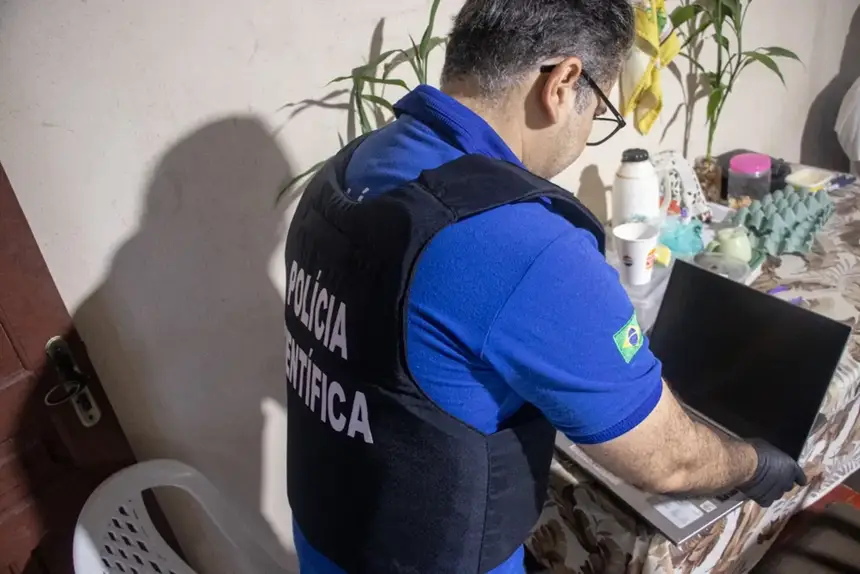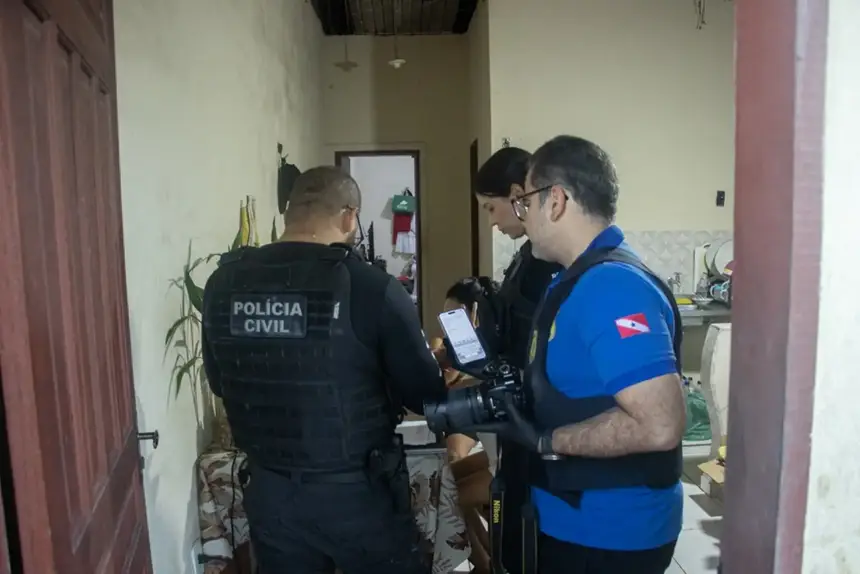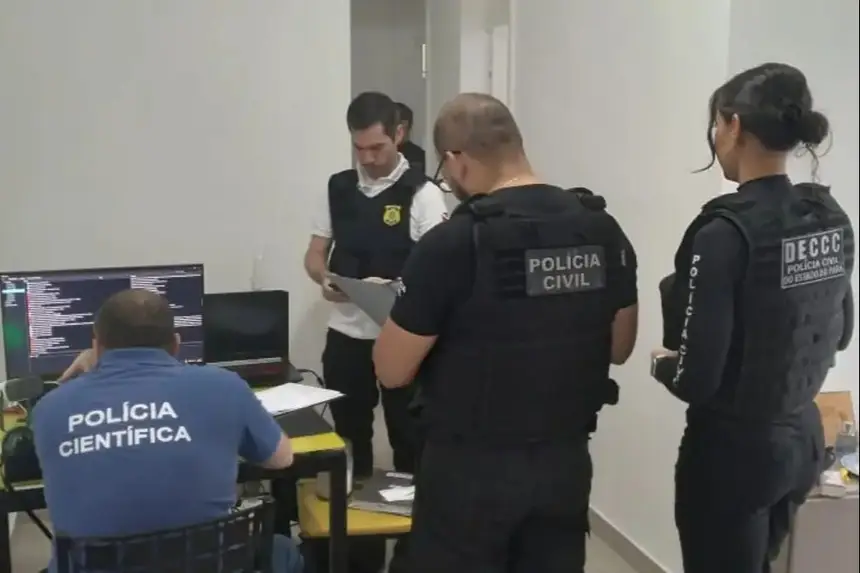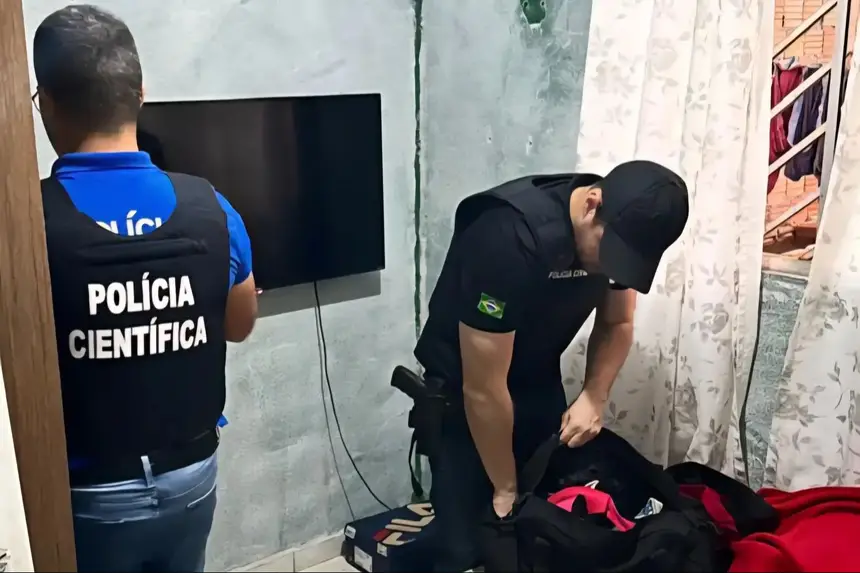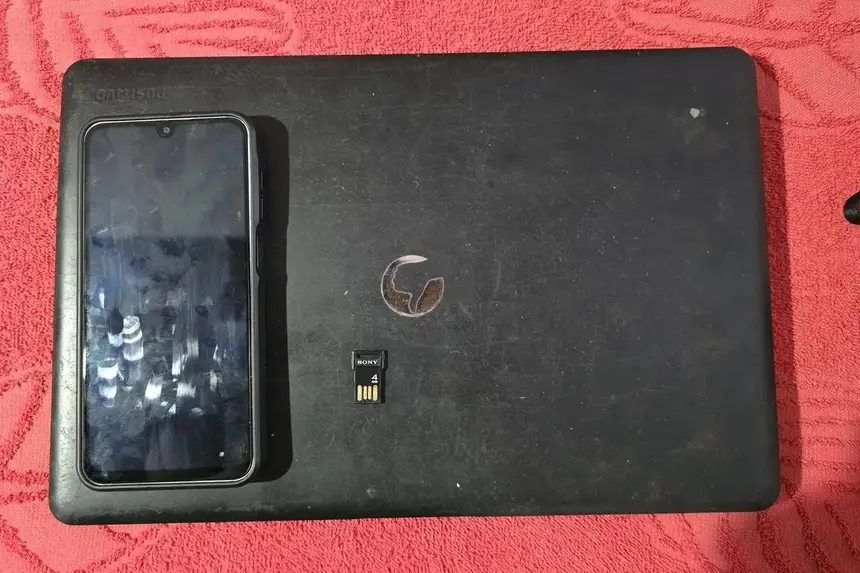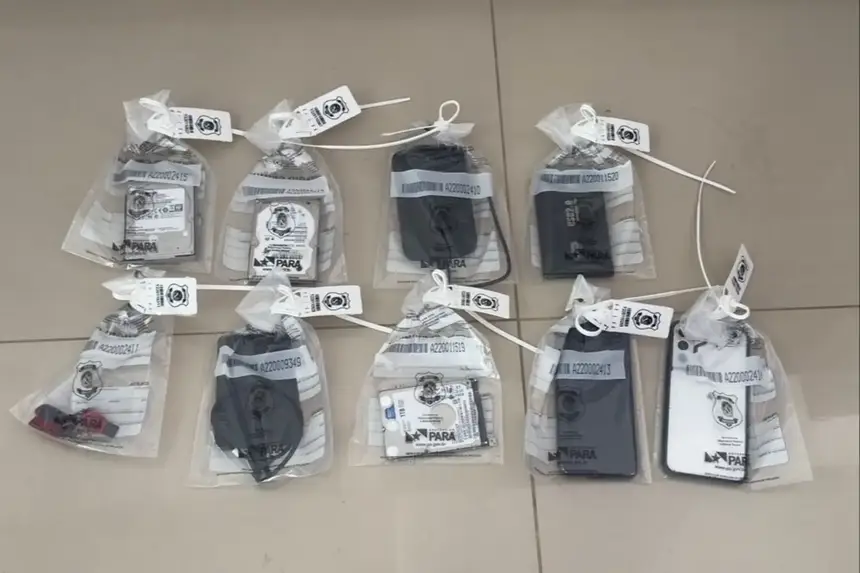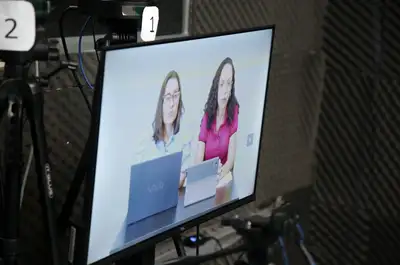Forensic Police of Pará emphasizes the importance of computer forensics in fighting crime
Specialized service analyzes electronic devices and contributes to clarifying investigations throughout the State
On this Friday (15), the date that celebrates Computer Day, the Forensic Police of Pará (PCEPA) highlighted the strategic role of computer forensics in solving crimes. The service, carried out by specialists from the institution, is capable of identifying, preserving, and analyzing digital evidence found on computers, cell phones, tablets, USB drives, drones, and other devices, contributing to investigations of both cyber crimes and offenses occurring outside the virtual environment.
According to the manager of computer forensics at PCEPA, criminal expert Samira Bricio, the area – also known as computing or forensic informatics – applies scientific methods and tools to examine electronic means. “The smartphone is currently the most examined device by the sector. Out of every ten requests we receive, nine involve cell phones,” she reported.
Stages of the forensic examination
The examinations can involve everything from analyzing fraudulent websites and slot machines to recovering deleted data from mobile devices. The process follows rigorous stages, such as checking the material, photographic documentation, extraction and preservation of the original media, data analysis, and preparation of the forensic report. “All examinations are conducted on a preserved copy, ensuring the integrity of the original media. This way, we can recover, identify, and categorize relevant information for the investigation,” Samira detailed.
Support for different types of crimes
Although often associated with virtual crimes, computer forensics also assists in the investigation of offenses such as homicides and child sexual exploitation when electronic devices are used for research, planning, or partial execution of the crime.
The work is carried out based on requests from the Civil Police, Public Prosecutor's Office, and Judiciary, serving as evidence to hold perpetrators accountable. “Forensics provide digital evidence that can prove authorship and the modus operandi of a crime. In joint operations with the Civil Police, it is already possible to identify flagrant offenses during the execution of search and seizure warrants, directly assisting investigation teams,” concluded the manager.


